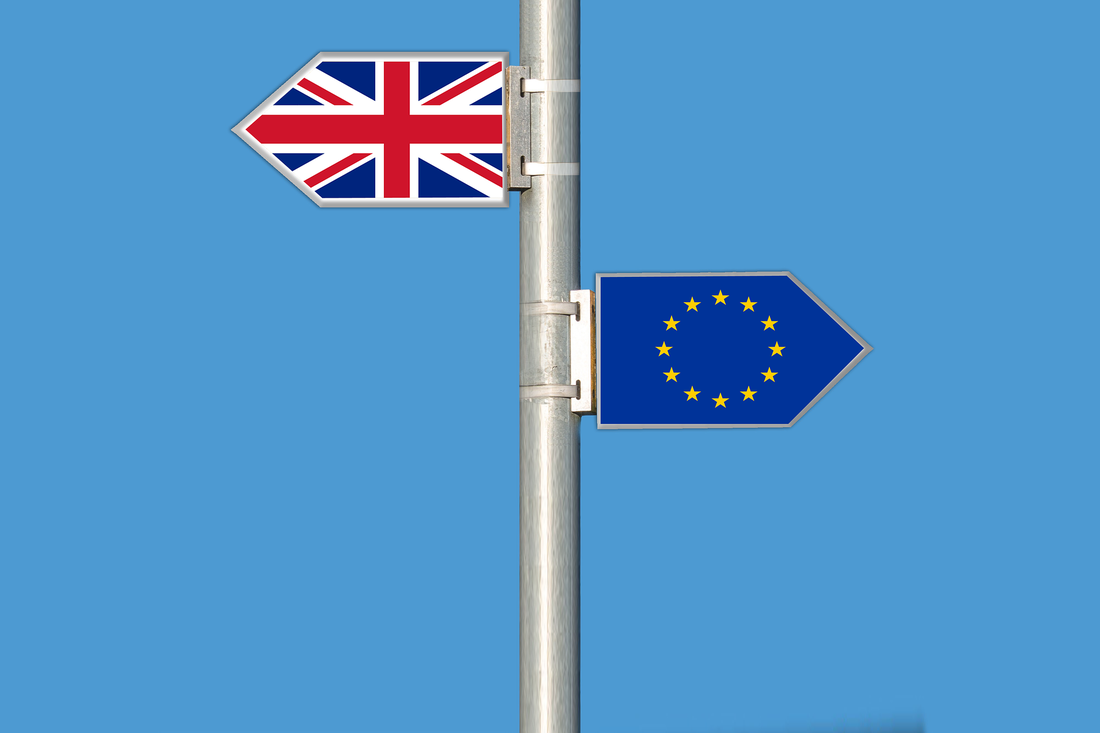|
INTERNATIONAL -- The European Parliament's food safety committee adopted a text on Thursday (7 September), warning against the danger to public health of a proposed change in inspections of imported food from Japan, amid accusations of using "Trump-style alternative facts".
Also read, Brits eat 100 million fast food meals every week. "Rather than protecting citizens, you are creating scares," said British Conservative MEP Julie Girling ahead of the vote. "Consumers are perfectly protected," she said. The European Commission, more diplomatically, also said the MEPs' fears were groundless. But a majority of committee MEPs supported the resolution through show of hands. The text is a response to a commission plan, which proposed taking rice and several fish species off the list of imports from Japan that need extra inspections. The inspections were introduced as an emergency measure after the nuclear disaster in Fukushima in March 2011. According to the commission, the decision to scale back on checks is based on a thorough analysis of data on radioactive levels from samples. But the parliament committee's resolution said "there are sufficient reasons to believe" that the change "could lead to an increase in exposure to radioactive contaminated food with a corresponding impact on human health". It called on the commission to withdraw the proposal and come with a new one before the end of the year. On Tuesday, centre-left MEP Christel Schaldemose told EUobserver that the EU should be "cautious" with importing food from Fukushima. "We are completely relying on data from the Japanese side. … I wouldn't say we can't trust them, but it is worth checking ourselves," said the Danish MEP. However, MEP Girling said that the text was full of "mistruths" and that she was "shocked" when she read it. "It's verging on Trump-style alternative facts," said the member of the third-largest political group, the European Conservatives and Reformists (ECR). As an example, Girling gave the complaints in the resolution that there was a lack of access to information. The text said "while the changes in the draft proposal are based on a detailed analysis of the aforementioned data, neither this analysis, nor a link to the raw data, was provided in the draft proposal". It added that it is "very difficult to verify whether the measures proposed are sufficient to protect the health of Union citizens". But Girling pointed out that raw data is already public. "If anybody wants to have the links to the website, we got them in two minutes," she said. The commission has also offered to provide MEPs with the detailed analysis that was mentioned. The British MEP noted the text wrongly implies there is a "conspiracy", and reminded her colleagues that they have often complained about the "alternative facts culture". "It's deeply disappointing we seem to be indulging in it ourselves," she said. No postponement The largest group in the parliament, the centre-right European People's Party (EPP), had proposed postponing the vote, after an EU commission official had informed MEPs that the relevant committee of member states will not vote on the proposal in September. "So if we postpone today, and vote in October in the plenary, that will still be in time," said MEP Peter Liese. "That would send a stronger signal than to rush it now." Greens MEP Claude Turmes noted, however, that there was no time to lose. "If we don't vote today we lose our democratic right to have a say on this issue," he said. He said he believed that the relaxing of inspections is related to the negotiations for an EU-Japan free trade agreement, and referred to statements made by commission chief Jean-Claude Juncker last July at an EU-Japan summit. Juncker had said he was "confident and [that he] will work in that direction that we will have, after the summer break, a further lifting of import measures". To the Green Luxembourgish MEP, this is proof that the change in the inspections procedure was a bargaining chip in the trade talks. Of the 60 MEPs, only 25 supported to postpone the vote, while 35 opposed it. In general, the support for adopting the text came from the left and the centre-left. The parliament's text itself is non-binding in nature. SOURCE Peter Teffer, EU Observer
0 Comments
Leave a Reply. |
Advertisement
News & Updates
Stay informed with the latest news around foodservice, agriculture and other related food news. Advertisement Opportunities
|


 RSS Feed
RSS Feed


